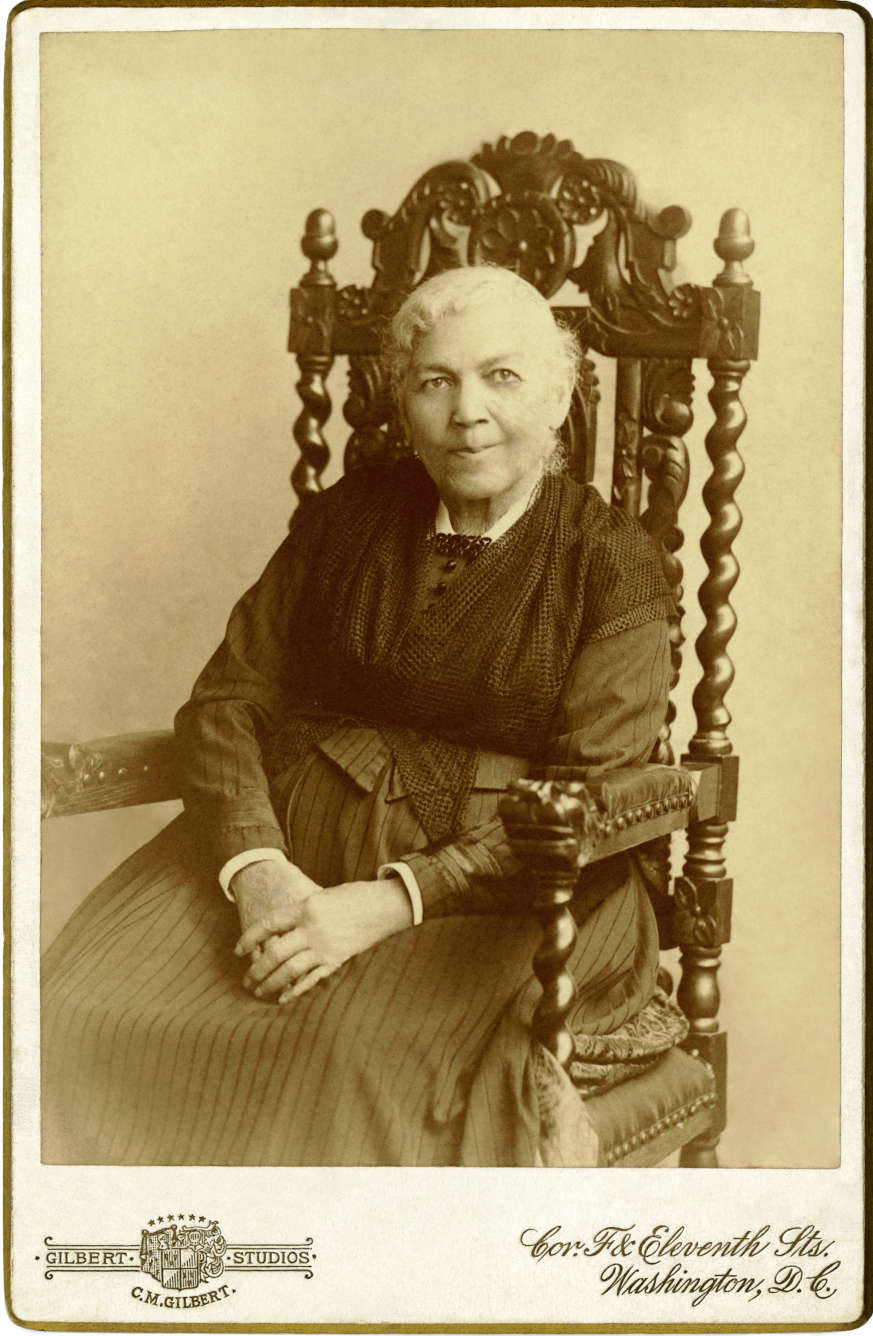‘I do earnestly desire to arouse the women of the North to a realizing sense of the condition of two millions of women at the South, still in bondage, suffering what I suffered, and most of them far worse’
Harriet Ann Jacobs was born into slavery in Edenton, North Carolina, and as a young woman she succeeded in escaping her sexually abusive and persecutory white enslaver. Living a new life in the North, she dedicated all her energies to antislavery activism and authorship and to political-consciousness-raising in the northern US states where freedom for Black people was still a ‘freedom that was in name only.’ In 1861, she anonymously published her one and only autobiography, ‘The Deeper Wrong; or, Incidents in the Life of a Slave Girl’, in which she wrote a heartbreakingly powerful literary account of her personal experiences in US chattel slavery. Writing on the eve of the US Civil War, her overall aim was to inspire her white audiences to a sense of horror at the barbaric atrocities committed by white enslavers in order to inspire them to become dedicated workers for the cause of abolition.
Extract:
‘READER, be assured this narrative is no fiction. I am aware that some of my adventures may seem incredible; but they are, nevertheless, strictly true. I have not exaggerated the wrongs inflicted by Slavery; on the contrary, my descriptions fall far short of the facts. I have concealed the names of places, and given persons fictitious names. I had no motive for secrecy on my own account, but I deemed it kind and considerate towards others to pursue this course.
I wish I were more competent to the task I have undertaken. But I trust my readers will excuse deficiencies in consideration of circumstances. I was born and reared in Slavery; and I remained in a Slave State twenty-seven years. Since I have been at the North, it has been necessary for me to work diligently for my own support, and the education of my children. This has not left me much leisure to make up for the loss of early opportunities to improve myself; and it has compelled me to write these pages at irregular intervals, whenever I could snatch an hour from household duties...
I have not written my experiences in order to attract attention to myself; on the contrary, it would have been more pleasant to me to have been silent about my own history. Neither do I care to excite sympathy for my own sufferings. But I do earnestly desire to arouse the women of the North to a realizing sense of the condition of two millions of women at the South, still in bondage, suffering what I suffered, and most of them far worse. I want to add my testimony to that of abler pens to convince the people of the Free States what Slavery really is. Only by experience can any one realize how deep, and dark, and foul is that pit of abominations. May the blessing of God rest on this imperfect effort in behalf of my persecuted people!’
